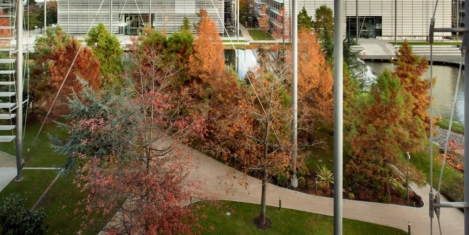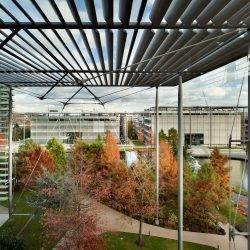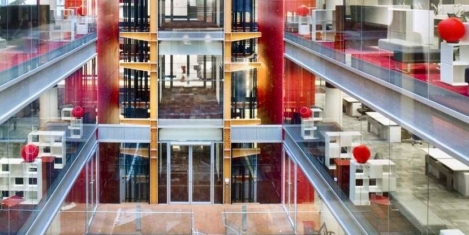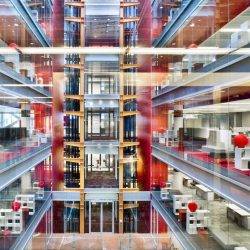June 23, 2017
Neuroscience: the next great source of competitive advantage 0
 The average worker is interrupted or distracted every three minutes and it takes them fully twenty-three minutes to return to a task after being interrupted. Office workers are overwhelmed by distractions, due mainly to a lack of understanding of how to manage attention. Distractions and the inability to focus negatively affects productivity, engagement, wellbeing and overall performance in organisations. We long to be more effective, but the harder we try, the more tired our brains become. Attention meltdowns are epidemic because workers do not understand what attention is, how to manage it or have access to the best places to support their tasks. In workplaces throughout the world scenarios of near constant distraction have become the norm, to such an extent that often people do not even feel compelled to comment on them and their consequences.
The average worker is interrupted or distracted every three minutes and it takes them fully twenty-three minutes to return to a task after being interrupted. Office workers are overwhelmed by distractions, due mainly to a lack of understanding of how to manage attention. Distractions and the inability to focus negatively affects productivity, engagement, wellbeing and overall performance in organisations. We long to be more effective, but the harder we try, the more tired our brains become. Attention meltdowns are epidemic because workers do not understand what attention is, how to manage it or have access to the best places to support their tasks. In workplaces throughout the world scenarios of near constant distraction have become the norm, to such an extent that often people do not even feel compelled to comment on them and their consequences.



































June 14, 2017
Workplace wellbeing is now embedded in the very bricks and mortar of the building 0
by Sion Davies • Comment, Wellbeing, Workplace design
More →